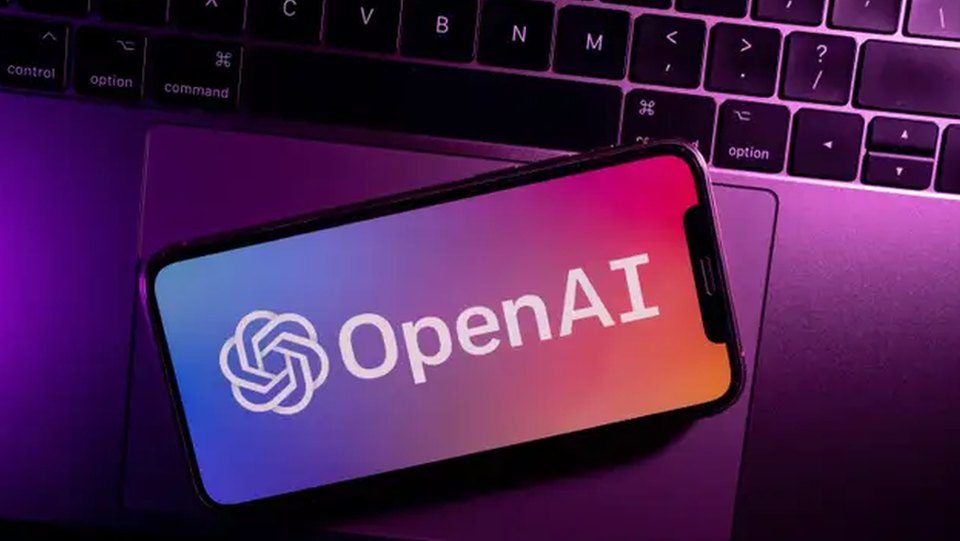Authors file new lawsuit against Microsoft, OpenAI over alleged copyright infringement in AI training data

Microsoft and OpenAI have been hit with a new lawsuit by authors over AI training data. Two authors, Nicholas Basbanes and Nicholas Gage, filed a lawsuit against Microsoft and OpenAI on Friday in a Manhattan federal court accusing the companies of using their work without permission to train AI models such as ChatGPT.
As part of the lawsuit, the author claimed copyright infringement, asserting that their books were included in the data used to train OpenAI’s GPT language model. In a proposed class action, the authors told the court that the companies violated their copyrights. They alleged that several of their books were included in the data used to train OpenAI’s GPT large language model, Reuters reported.
The new lawsuit comes three months after a trade association representing U.S. authors filed a lawsuit against OpenAI in the federal court of Manhattan over copyright infringement. The suit, representing notable authors such as John Grisham, Jonathan Franzen, George Saunders, Jodi Picoult, and the acclaimed “Game of Thrones” novelist, George R.R. Martin, alleges that OpenAI unlawfully trained its widely popular artificial intelligence-based chatbot, ChatGPT, using their copyrighted literary works.
The lawsuit is part of a series filed by various writers, including comedian Sarah Silverman and “Game of Thrones” author George R.R. Martin, against tech companies. They’re alleging that their work was used to train AI programs without permission. Representatives from Microsoft and OpenAI didn’t immediately respond to requests for comment regarding the complaint.
Just last week, The New York Times sued OpenAI and Microsoft for using its journalists’ work in training AI applications.
Both Basbanes and Gage have backgrounds in journalism. Their lawyer, Michael Richter, expressed outrage at the companies using their works to fuel a billion-dollar industry without offering any compensation.
It was “outrageous” that the companies could use their works to “power a new billion-dollar-plus industry without any compensation,” Richter said in a statement.

